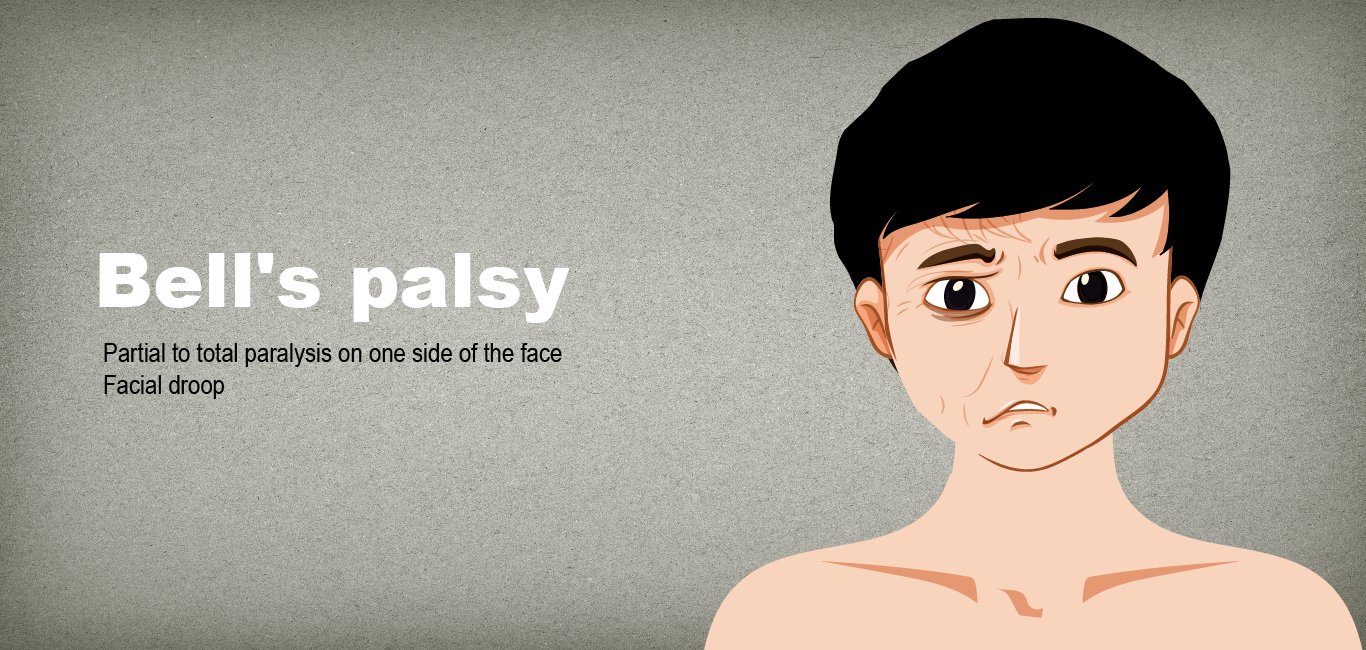
A new study from Murdoch Children’s Research Institute, Victoria, Australia, has found that children with Bell’s palsy could recover within six months without medication.
Bell’s palsy is a type of temporary facial weakness or paralysis where half of the face suddenly droops. The study published in the journal Neurology shows that treatment with steroids has very little effect on children with Bell’s palsy. This path-breaking work may change treatment methodology for the condition in children.
Usually, corticosteroids are given to adults with Bell’s palsy. However, due to limited research among children with the same condition, there is a lack of proper treatment guidelines, and they are often prescribed steroids given to adults.
Bell’s palsy is the third most common condition in children causing a sudden change in nerve function, and 19-21 in 100,000 children are affected by it. What causes Bell’s palsy is still a mystery; however, several studies indicate that a viral infection, reduced blood circulation (vascular ischemia), or weak immunity could trigger the condition.
In the present study, researchers conducted a double-blind experiment on 187 children aged six months to 17 years from the Pediatric Research in Emergency Departments International Collaborative (PREDICT) research network in Australia and New Zealand. The participants were recruited within three days after they developed the symptoms. They were randomly divided into two groups: one group was given a steroid (prednisolone) while the other group was on placebo (no drug) for 10 days.
The researchers observed that 57% of those on placebo had recovered facial function in one month, 85% in three months and 93% in six months. Whereas for those who were on steroids, 49% recovered in one month, 90% in three months and 99% in six months. From their observations, the researchers concluded that children with Bell’s palsy could recover without medication.
The lack of evidence on steroid use in children with Bell’s palsy has led to a variable practice in their treatment, says Prof Franz Babl, the lead researcher, in a statement. He adds that early treatment with steroids does not accelerate recovery of Bell’s palsy in children. However, “It will help general practitioners, emergency physicians and paediatricians in their discussion with affected families and make better-informed decisions.”
In adults, if Bell’s palsy is not treated on time, the person may face difficulty swallowing, eating and talking in the long run. Corticosteroids are given to people with Bell’s palsy to reduce inflammation and compression of the facial nerves and bone damage, if any.

















